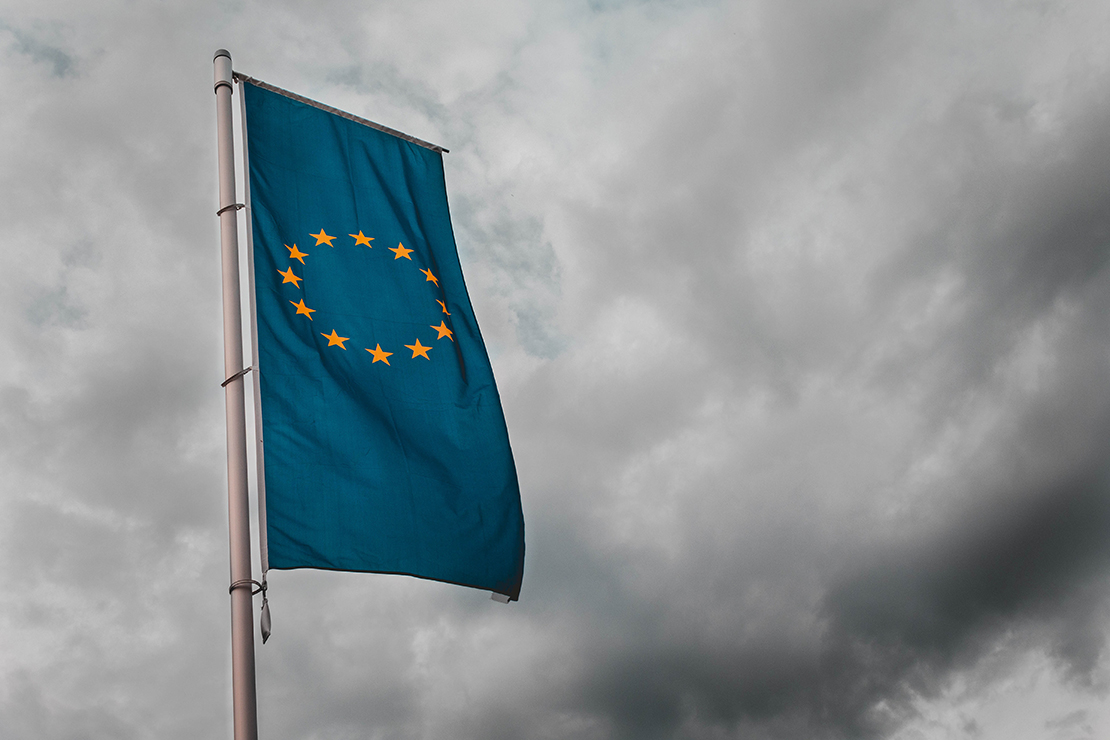Authors

Albana Rexha
public policy, EU Integration, good governance, public administration, anti-corruptionWhile “justice” is a series of aspirations for a better world, and “human rights” consists of internationally agreed and/or legally binding restraints on state power, “the rule of law” falls somewhere in between.
James Goldston
‘Rule of law’ (RoL) is a concept which has become pervasive in public and political discourse. Presidents, prime-ministers, leaders and influencers assemble, be it in Washington D.C., Brussels, Geneva, or capitals around the world to discuss the challenge of infusing a commitment to RoL within future generations and, particularly, in developing states and countries transitioning from conflict. Influential organizations like Open Society Foundations are established specifically for the purpose of strengthening RoL, human rights, minority and women’s rights and empowerment, and freedom of expression and media, amongst others.
The Executive Director of the Open Society Justice Initiative, James Goldston, in his article “Three Principles to Strengthen the Rule of Law” highlights three core principles of RoL – a) investigation of all crimes no matter the level of individuals’ involved, b) judicial independence, and c) protection of whistleblowers and cases that depict the absence of these principles. According to Goldston, some examples include developed countries like Spain, Turkey and USA. There are also states like Russia that remain largely autocratic and fail to support and uphold the RoL domestically and internationally. To give more meaning to this concept, RoL has also been quantified by organizations and initiatives like the World Justice Project and World Bank that have created indicators to gauge and quantify RoL and to measure states’ performance in this regard. Countries like the Singapore and the Netherlands top the list while others which do not embrace RoL principles, like Venezuela and Cambodia, score at the bottom.
While RoL has been defined, quantified, and contextualized by academics, civil society leaders, and organizations like those mentioned above, citizens in countries struggling to develop and uphold RoL (for example, in my own country of Kosovo) often lack clarity with regard to the meaning and principles of RoL and what it looks like in practice. Thus, the key focus of this espresso note is to help citizens better understand what RoL includes and what happens if RoL is absent.
Scholars trace back the existence of the concept of RoL, as an overarching principle, to the signing of the Magna Carta by the King of England in the thirteenth century (1215 AD). Through this document, the most powerful man at the time, the King extended rights to and recognized the rights of a group of barons and noblemen. This was the first document which prevented the King from unilaterally deciding another individual’s fate and rather demanded a judgment in accordance with the law. Today, RoL is not limited to the protection of the elite and rather concerns itself with the equal application and enforcement of the law for all citizens of a given country.
The UN introduced the most prevalent modern definition of RoL, as follows:
“The term rule of law refers to a principle of governance in which all persons, institutions and entities, public and private, including the state itself, are accountable to laws that are publicly promulgated, equally enforced and independently adjudicated, and which are consistent with international human rights norms and standards. It requires, as well, measures to ensure adherence to the principles of supremacy of law, equality before the law, accountability to the law, fairness in the application of the law, separation of powers, participation in decision-making, legal certainty, avoidance of arbitrariness and procedural and legal transparency.”
The above definition recognizes a set of principles on which RoL is based. However, it is important not only to generate greater understanding of RoL and its key principles but also to call attention to certain red flags or warning signs, which indicate the absence or decline of RoL. In the list below, the foundational principles which every person and state should know and uphold when developing and enforcing RoL are listed with a √ while the red flags indicating the need to improve RoL are listed with a ✗.
√ Right to Assemble – Everyone should have the basic right to join together/associate with other individuals or groups.
✗ Public Gatherings and Demonstrations Banned
√ Free and fair elections – Free elections means that all those entitled to vote have the right to be registered, to vote on the basis of their own preferences, and to vote in secrecy. Fair elections means that all officially registered political parties have the right to contest an election campaign or rally and ask for voter support.
✗ Corrupt Elections
√ Access to Justice – The state should ensure access to justice to all citizens regardless of their socio-economic status.
✗ Inaccessible courts
√ Freedom of Speech – All citizens should be allowed to openly criticize any governmental policy at a local or national level and should not be afraid of prosecution for doing so.
✗ Censorship (punishment for criticizing or speaking against the government)
√ Protection of Whistleblowers – Provisions for effective legal protection for government whistleblowers who release information to the media or the public in the public interest are essential to encourage reporting on misconduct, corruption and fraud.
✗ No Whistleblower Protection
√ Right to remain Silent – Each citizen should be ensured the right to remain silent when questioned during a trial, hearing or any other legal proceeding.
✗ Forced Confessions
√ Presumption of Innocence – No citizen should be punished without a trial and no citizen should be presumed guilty until proven so.
✗ Punished or Presumed Guilty without a Trial
√ Independence of Judiciary–Consolidation of an independent and impartial judiciary is a key concern to RoL. The work of the judiciary should be independent from political influence. All judges and prosecutors should be able to exercise their functions in an impartial manner and provide unbiased judgments.
✗ Unfair Trail and Biased Judgments
√ Checks and Balances on the Use of Power- High officials should exercise their power within a constraining framework of well-established rules and regulations rather than on the basis of their preferences or ideologies.
✗ A system of Laws that allow for unchecked power
The above list of principles leads to:
√ Equality before the Law – With equality before the law, there would be no selective application of laws.
✗ Anarchy (discrimination, arbitrarily application of laws)
The Average Joe should always remember that RoL emanates from the people and is a valuable concept whose principles, when implemented and upheld, provide justice, security and accountability for all, whether random citizens or government officials. RoL is essential for consolidating democracy and has become a pre-condition for peace and security, development, and human rights.
Share article
Related Espresso Insights
March 4, 2024
Espresso.Insights
Passport Hangover: What’s next after Spain’s Kosovo breakthrough?

January 16, 2023
Espresso.Insights
Recognized but not supported: Hungary's stance on Kosovo's EU bid

Latest Publications
April 8, 2024
Policy Analysis
Reflecting on the Third Year of Kurti II: Setbacks and Achievements in Rule of Law, Public Administr ...
March 22, 2024
Policy Analysis
Lost, “in the Twilight Zone” Rebutting the Court’s Blunder
March 7, 2024
Policy Analysis






